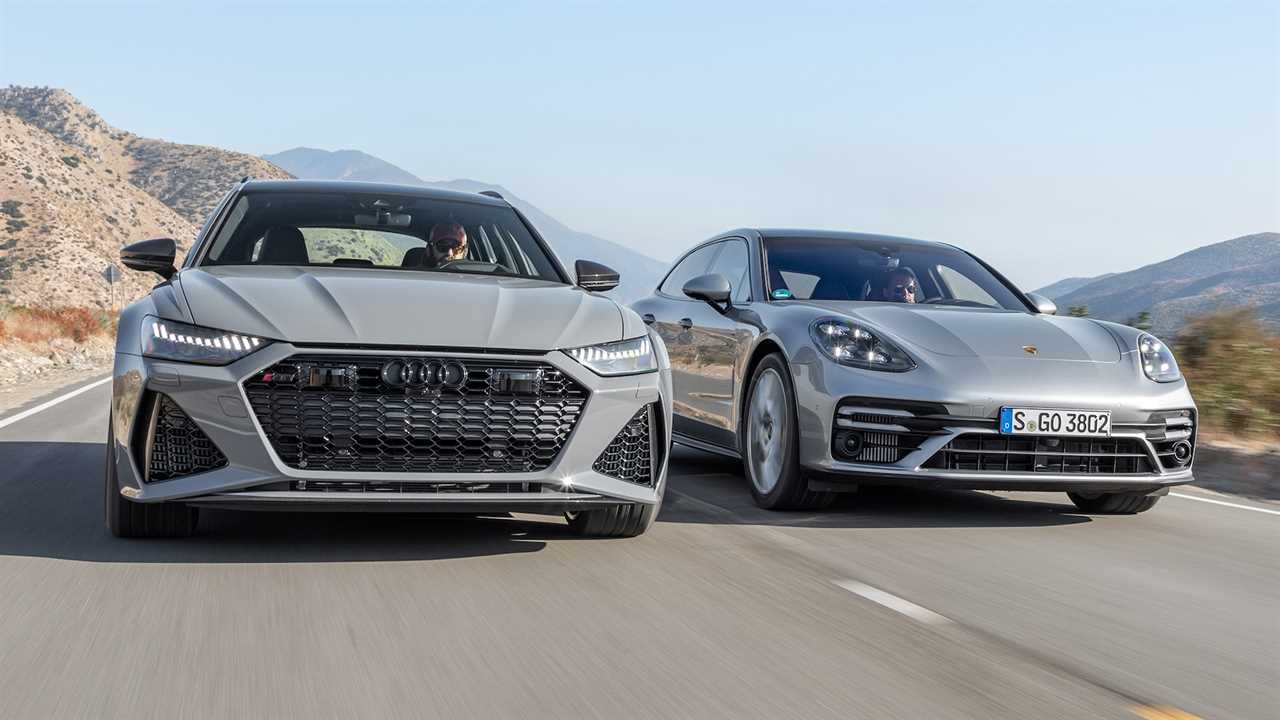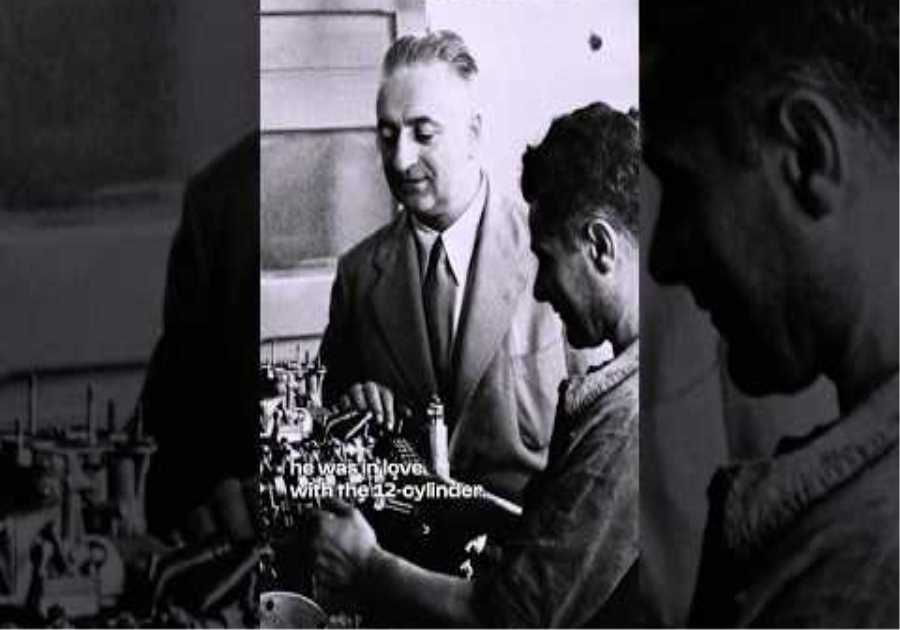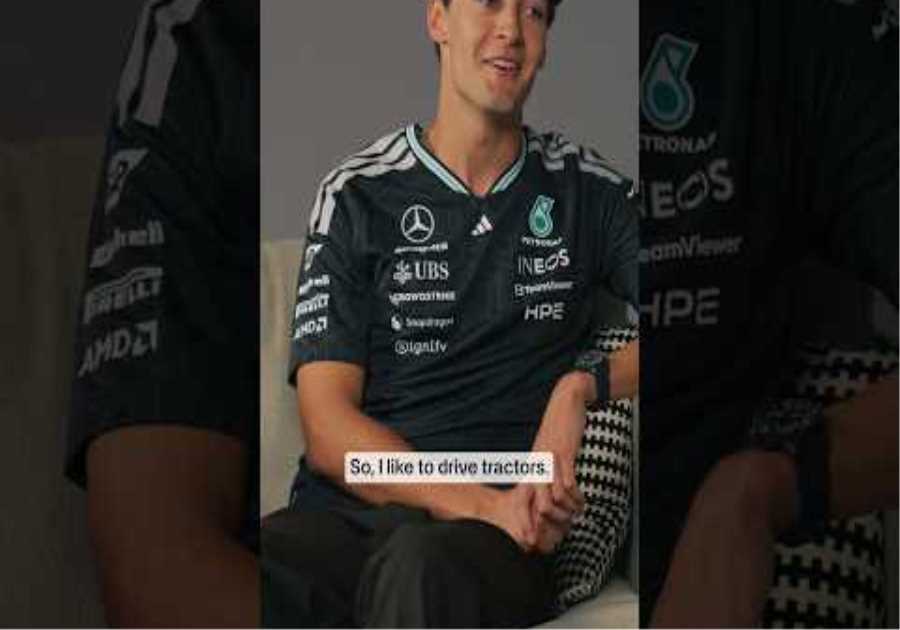
While German automaker Mercedes-Benz has been a dominant force in Formula 1 racing for years, its main German rivals over at Volkswagen Group, namely Porsche and Audi, have been sitting on the sidelines, evidently waiting for the perfect moment to enter the sport. That moment may be just a few years away, as reports indicate VW’s board has given the green light on Porsche and Audi’s intentions, which may see them team up with Red Bull Racing and McLaren, respectively.
Rumors have long been swirling that at least Audi would involve itself in Formula 1 in the coming years, as the company has been not-so-quietly attempting to invest in McLaren, which would include the current McLaren Racing F1 team. Now, Reuters reports VW Chief Executive Herbert Diess said the company board had “run out of arguments” in its apparent deliberations about entering F1. This also suggested that Porsche was more primed to enter Formula 1 than Audi, which might indicate a lack of confidence in Audi’s attempt to acquire McLaren.
According to reports by Germany’s Automobilwoche and Bloomberg earlier in April, Audi had apparently raised its offer to McLaren to 650 million euros ($718 million), up from a previous bid of 450 million euros that was rejected. If the deal goes through, Audi would acquire the F1 racing team that currently fields drivers Lando Norris and Daniel Ricciardo.
Porsche’s path to F1, which is said to be more concrete than Audi’s, reportedly involves negotiations with Red Bull Racing, the only details of which claim it would be a “long-term” deal. It’s likely Porsche would serve as a powertrain supplier, possibly replacing the Honda-based engine design Red Bull currently races with. It’s also unclear how Red Bull Racing’s partner AlphaTauri would be impacted by a new deal, if at all. Porsche has previously been involved in F1 in the 1960s, 1980s, and again in the 1990s, even once supplying engines for McLaren.
If Diess really has convinced VW’s board to let Porsche (and maybe Audi) enter F1, such a move likely wouldn’t materialize until around 2026. That would give the companies time to prepare for the new requirements for sustainable-fuel engines that will be introduced across the Formula 1 grid that year.






